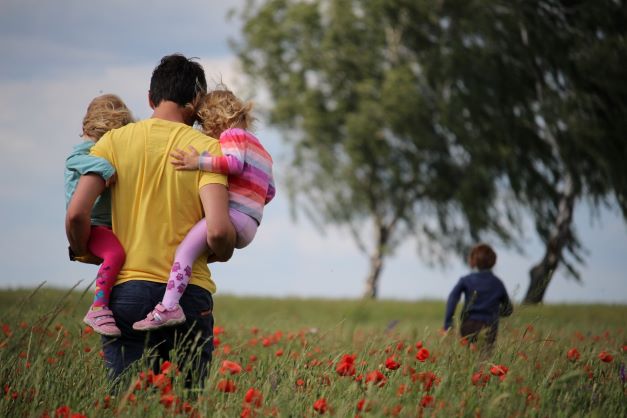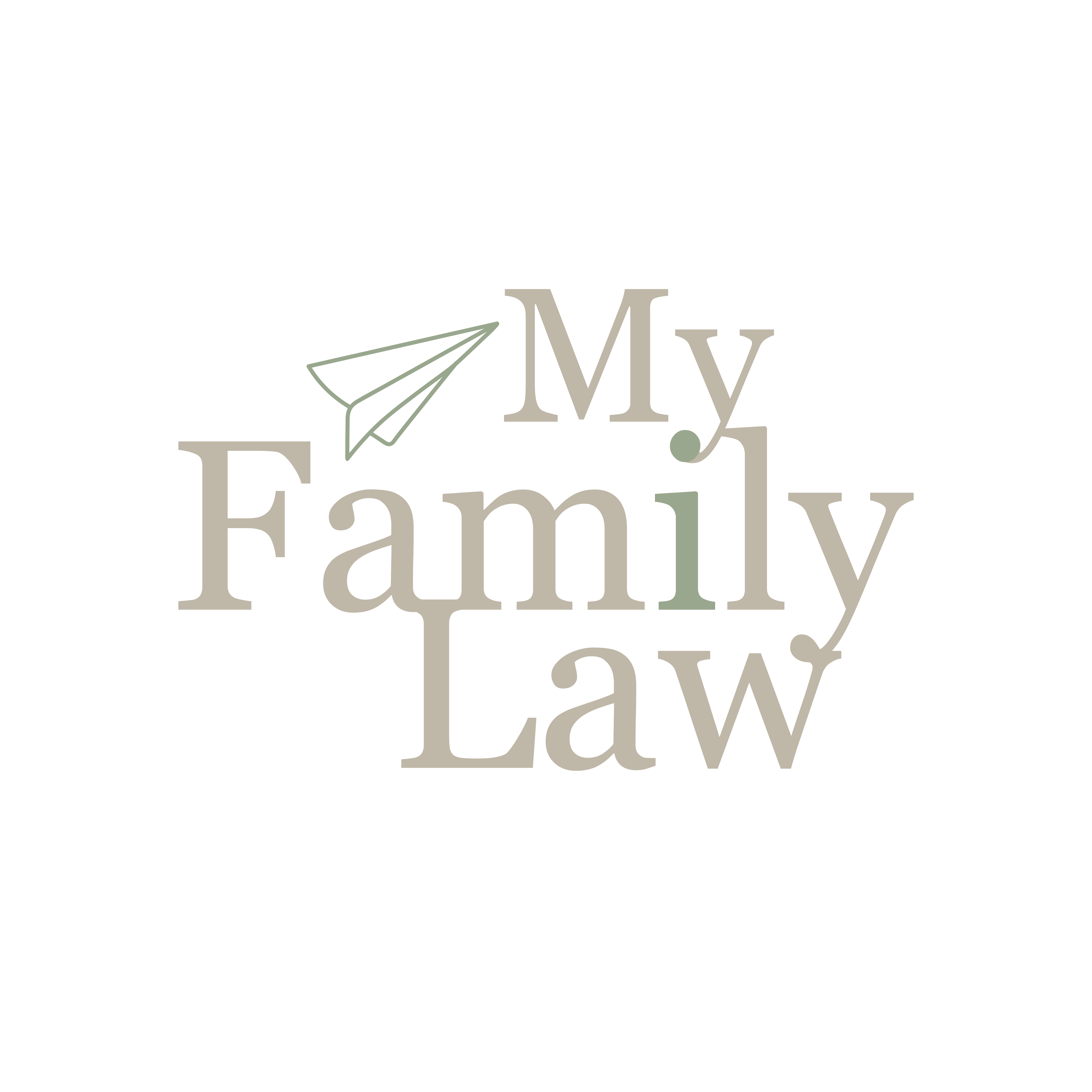Words we should not use…
“Custody”
“Access”
But they are still very commonly used when we get enquiries for legal advice. Here are some of the most common search questions on Google:-

- What is custody of a child called?
- Who gets custody of a child UK?
- How do I get full custody of my child?
- Can a mother deny a father access?
- What is considered reasonable access to a child?
- On what grounds can a mother stop access?
- What access is a father entitled to?
Any Family lawyer will tell you that these types of questions feed into the notion that mothers are classed as primary carers and fathers could be denied the opportunity to have some involvement in their child’s upbringing.
The Child Arrangements Programme
The Child Arrangements Programme came into force in 2014 and changed the way that the Family Court deals with cases relating to children. It unified the way each Court processes an application for a child and also changed the terminology which was already outdated. The words Custody and Access which had been so commonly used were no longer relevant.
The Child Arrangements Programme also brought with it wording and focus on each parent playing an equal and important role in the upbringing of children, where it is safe to do so. Yes, there has always been a bias towards a Mother caring for children post-separation and this is primarily because mothers have always been seen as the main carer. This, however, does not mean that both parents cannot play an equal part in caring for children.
When parents separate, each of them should be able to spend time with and enjoy the time with their children equally. This does not mean 50/50 care, but it means that there should be quality time between both parents. This also allows each parent to have a break from the responsibility and pressures of raising children which can be difficult, especially with the pandemic and the cost of living now increasing.

What are the words we should be using?
The Family Justice Board and Family President decided that as part of the unified Child Arrangements Programme, standard orders should be set out the updated terminology.
The words that are used more commonly now are:-
“Shared Care” – this is where the Court recognises that both parents play an equal part in their children’s lives. Shared care can mean an equal split of time between two parents or it can reflect a more flexible and fluid arrangement which includes weekend stays and mid-week stays, and equality of school holidays.
“Live with” / Residence – this recognises where a child primarily lives. The primary carer will be the one who has the majority of care for the child and there may be other issues such as domestic abuse or other risk factors which cause one parent to be the primary carer. It could also reflect the distance between both parent’s homes.
“Spend time with” / Contact – this sets out a rigid level of contact between a child and a non-resident parent. The contact arrangements will be quite prescriptive and often break down contact during school holidays. With contact arrangements, there may be some element of supervision or support during contact, especially when a child is very young, or there has been a significant time when they have not seen the other parent.
There are some orders that have not changed:-
“Prohibited Steps order” – this order is made to prohibit or stop one party from doing something that they are ordered not to do. An example of this is where you would prohibit one parent from removing a child from the care of the other. Or one parent can be prohibited from removing a child from the jurisdiction.
“Specific Issues order” – these types of orders deal with very specific issues relating to the exercise of Parental Responsibility. An example of this would be if the Court were asked to make an order for a child to attend a particular school, or for a child to have a specific medical treatment.

What is it so important to use the right words?
Words are very important when dealing with children cases as usually in any disputed situation it is always one person’s word against the other. I think the idea behind the change in wording was to allow parents to come into Court proceedings with an open mind about what part they can play in their child’s life. The idea is that no one parent owns or has ownership of a child, and to reiterate that it is the child who has the right to spend time with both parents.
These words don’t always help when you are stressed and trying to navigate between a split in the relationship and arrangements for children. If you are feeling confused about the Court process and want some advice you can Contact me to discuss how I can help you.

